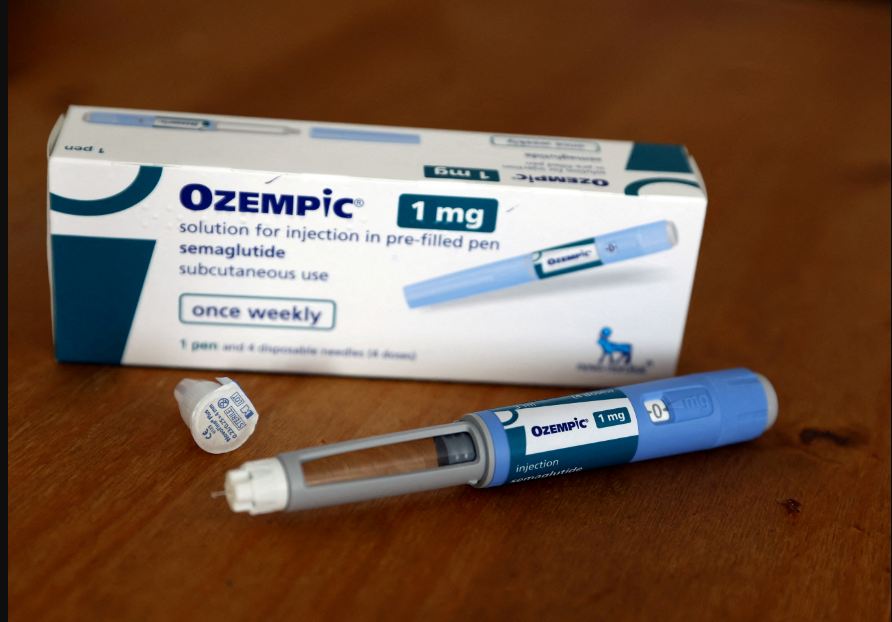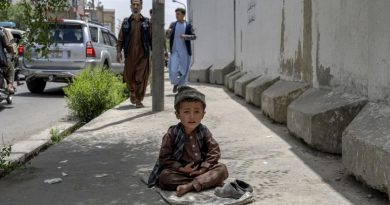Saudi Arabia to become Nuclear Power soon
Saudi Arabia’s population has grown from 4 million in 1960 to over 31 million in 2016. It is the main electricity consumer and producer in the Gulf region, with 345 trillion watts of gross production in 2016, of which 41 percent was produced from oil and 59 percent from gas. The electricity consumption in the country continues to grow substantially — by 8 to 10 percent annually, compared with less than 1 percent in Europe.
Faced with surging energy demand for economic growth, Saudi Arabia is turning to nuclear power to diversify its electricity-generating mix and therefore reduce its reliance on fossil fuels. The Kingdom plans to build two large nuclear power reactors as part of a program of delivering as many as 16 nuclear power plants over the next 20 to 25 years at a cost of more than $80 billion. It has projected 17 gigawatts (GW) of nuclear capacity by 2032 to provide 15 percent of the power then, along with more than 40 GW of solar capacity. Plans for small reactors for desalination are also well advanced.
Hamid Al-Saqqaf, director of independent production projects at Saudi Electricity Company, points out: “Introducing nuclear power into the national energy mix is a sovereign decision in every country, according to its needs. In Saudi Arabia, this decision was already made in advance. The Kingdom has a continuously elevating demand on electricity.
“In 2015, we had about 62,000 megawatts in demand, and even though there currently seems to be a decrease in the amount of load, yet the growing demand for energy requires the introduction of nuclear energy as a means to achieve the base-load. As you might know, the operating costs for nuclear power is much less than the one produced from fossil fuel. The console of nuclear fuel produces more energy and at a lower price.”
The move toward nuclear power falls in line with the Kingdom’s Vision 2030, in which diversification of economy and energy from hydrocarbons is implied.
In 2010, a Saudi royal decree said that the development of atomic energy was essential to meet the Kingdom’s growing requirements for energy. Saudi Arabia is currently in the process of selecting a company for the construction of the first nuclear power plant in the country. There are five finalists from five countries — the US, China, Russia, France and South Korea — that the Kingdom invited last year to bid on a project to build the two units. A preferred bidder in the competitive dialogue is expected to be chosen in 2019.
Rosatom plans to outfit the Saudi nuclear power plant (NPP) project with the world’s first operational Generation 3+ reactor technology, known as the VVER-1200. The reactor is known for the most advanced safety systems, which fully complies with international security standards and post-Fukusima safety requirements.
As a part of its integrated offer, Rosatom is ready to supply the Saudi nuclear power project with nuclear fuel throughout its operational lifetime and ensure decent level of Saudi industry involvement and complex human resource development, in addition to growing public acceptance of nuclear power. Nuclear power plant deployment is always very beneficial and, obviously, it will be so for Kingdom.
Nuclear power gives a boost for local economy enhancement by highly-qualified personnel development and gains new competences to local industry, previously focused mainly on the fossil fuel sector.
Russia is the pioneer in peaceful use of nuclear energy: the first commercial NPP went into operation in 1954. Strong with more than 70 years long expertise in this sphere, nowadays Russia is the world innovation leader in nuclear technologies and holds the first place for the largest portfolio of foreign construction projects (36 NPP Units in 12 countries as diverse as Finland and China, India and Hungary, Egypt and Bangladesh).
“In October 2017, Rosatom and King Abdullah City for Atomic and Renewable Energy signed the Program for Cooperation in the Peaceful Uses of Nuclear Energy. Due to investments into nuclear and based on the international expertise and decades-long innovation experience, Saudi Arabia will profit from the stable, clean and environmentally secure energy source at affordable tariffs,” commented Saeed Al-Shahrani, a Saudi expert in renewable energy.
Article first published on Saudi Gazette.



